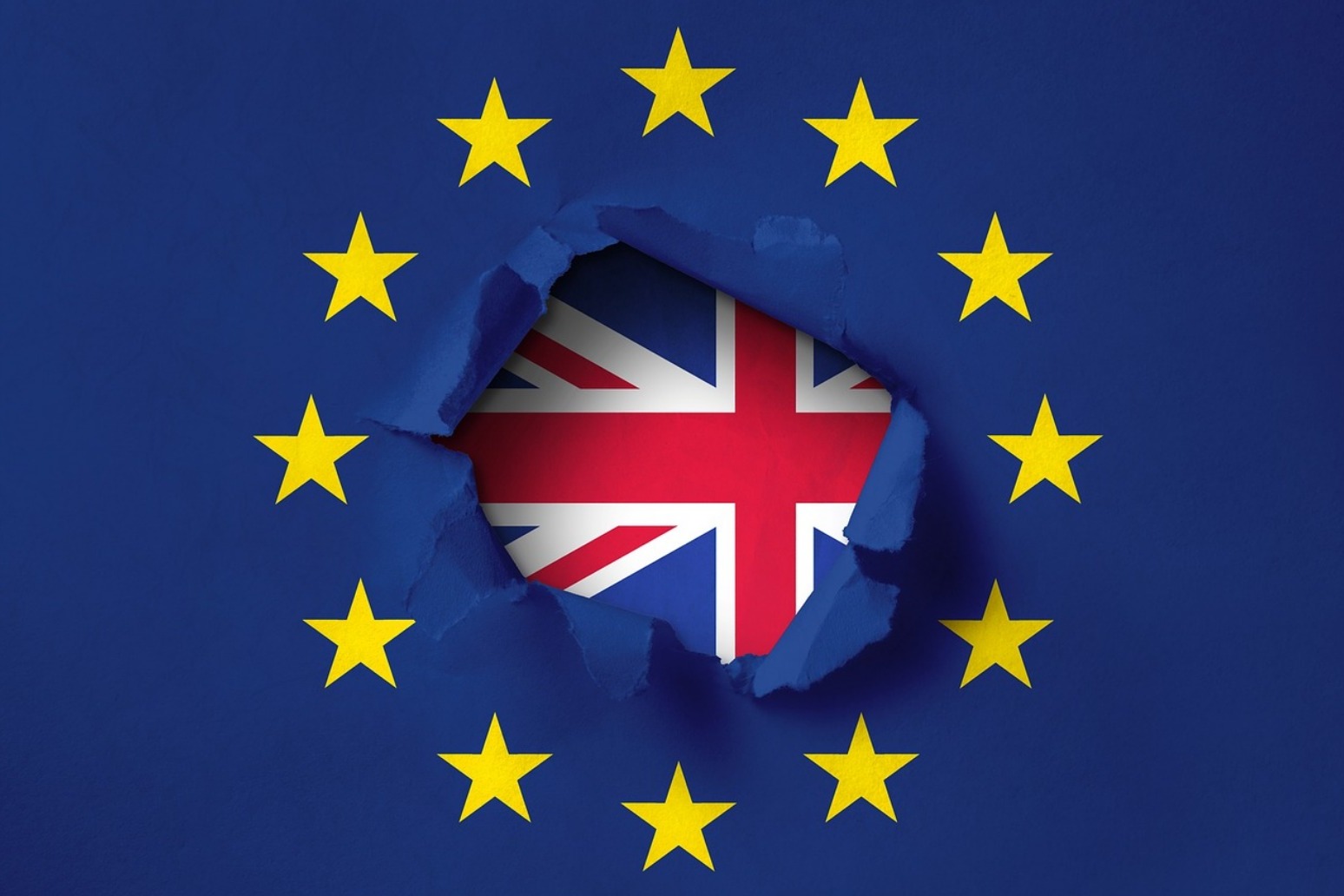
Theresa May in peril over Brexit on EU election day
Prime Minister Theresa May was under intense pressure to name a date for her departure after her final Brexit gambit failed, overshadowing a European election that will show a United Kingdom still riven by divisions over its EU divorce.
The labyrinthine Brexit has stunned allies and foes alike, and with deadlock in London, the world's fifth largest economy faces an array of options including an orderly exit with a deal, a no-deal exit, an election or a second referendum.
May, who won the top job in the turmoil which followed the 2016 Brexit referendum, repeatedly failed to get parliament's approval for a divorce deal she pitched as a way to heal the Brexit divisions of the country.
But her last gambit, offering the prospect of a possible second referendum and closer trading arrangements with the EU, triggered a revolt by some Brexit-supporting ministers including the resignation of Andrea Leadsom on Wednesday.
"I no longer believe that our approach will deliver on the referendum result," Leadsom, once a challenger to May to become prime minister, said in a resignation letter.
Sterling was trading down 0.3% to $1.262.
May, who has shown obduracy during one of the most tumultuous premierships of recent British history, had promised to leave office if lawmakers approved her Brexit deal but she is now under intense pressure to name a date.
The chairman of the powerful Conservative 1922 Committee, which can make or break prime ministers, told lawmakers that May planned to campaign in the European poll on Thursday before meeting with the group on Friday to discuss her leadership.
The Times newspaper reported that May would name a date for her departure on Friday. May will remain as prime minister while her successor is elected in a two-stage process, the newspaper said.
"I will be meeting the prime minister on Friday following her campaigning in the European elections tomorrow and following that meeting I will be consulting with the 1922 executive," 1922 Committee chairman Graham Brady told reporters.
Nearly three years after the United Kingdom voted 52 to 48% in a referendum to leave the EU, it remains unclear how, when or even if it will leave the European club it joined in 1973. The current deadline to leave is Oct. 31.
The delay to Brexit means that voters across the United Kingdom are going to the polls on Thursday in a European parliamentary election that has been fought almost exclusively over the EU divorce.
According to polling data published before polls opened, Nigel Farage's Brexit Party was on course to win and May's Conservatives are on course to do very badly. Results are expected after 2100 GMT on Sunday.
Published: by Radio NewsHub